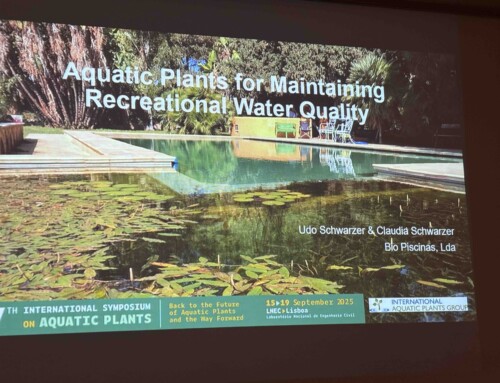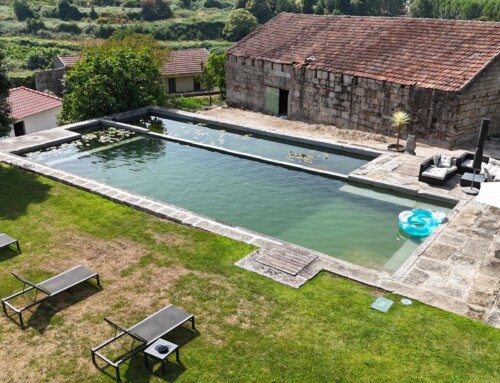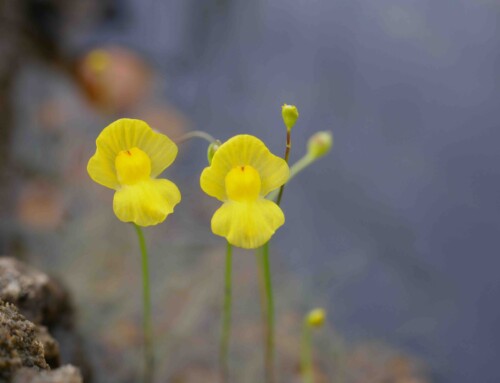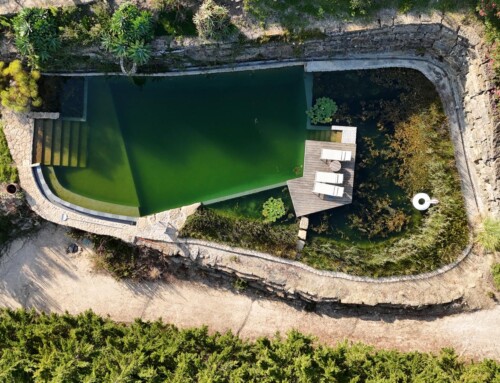The otter is a relatively common mammal in Portugal, but very difficult to observe due to its clandestine behavior, often nocturnal. At national level it is considered a species of conservation status of least concern (LC), but at global level it is considered a threatened species (NT).
The otter feeds on fish, amphibians and aquatic reptiles that it finds in different types of wetlands, in Portugal it is found in stream and river valleys. At Costa Vicentina there is a population that also hunts at sea, but remains dependent on fresh water, as after each visit to marine waters the animals have to wash their fur in fresh water.
Otters are very active and therefore capable of taking night walks away from the valleys. In these passages it can find other places with water such as dams or even biological pools. The later is the case of the biological pool shown in the photo. This is even visited regularly, as evidenced by the otter droppings that are found in slightly elevated positions, above stones or rocks exposed on the banks. The aquatic mammal leaves its business card, as seen in the photo in the foreground, an unmistakable sign that the otter likes to visit the biological pool.
 What is a biological swimming pool?
What is a biological swimming pool?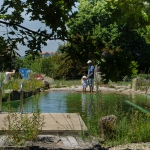 Important to know
Important to know Beyond the swim
Beyond the swim How to build
How to build Compare
Compare PB 22.000
PB 22.000 Biological swimming pools of Public use
Biological swimming pools of Public use Janguiscina
Janguiscina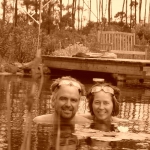 Who we are
Who we are Biological swimming pools
Biological swimming pools Landscape architecture
Landscape architecture ETAP
ETAP Solar Sauna
Solar Sauna Rewilding
Rewilding News
News Photo of the month
Photo of the month Gallery
Gallery Holidays with Swimming Pond
Holidays with Swimming Pond Testimonials
Testimonials Awards
Awards Biological swimming pools around the World
Biological swimming pools around the World Piscinas Biológicas® – Live
Piscinas Biológicas® – Live FAQs
FAQs Downloads
Downloads Shop
Shop

